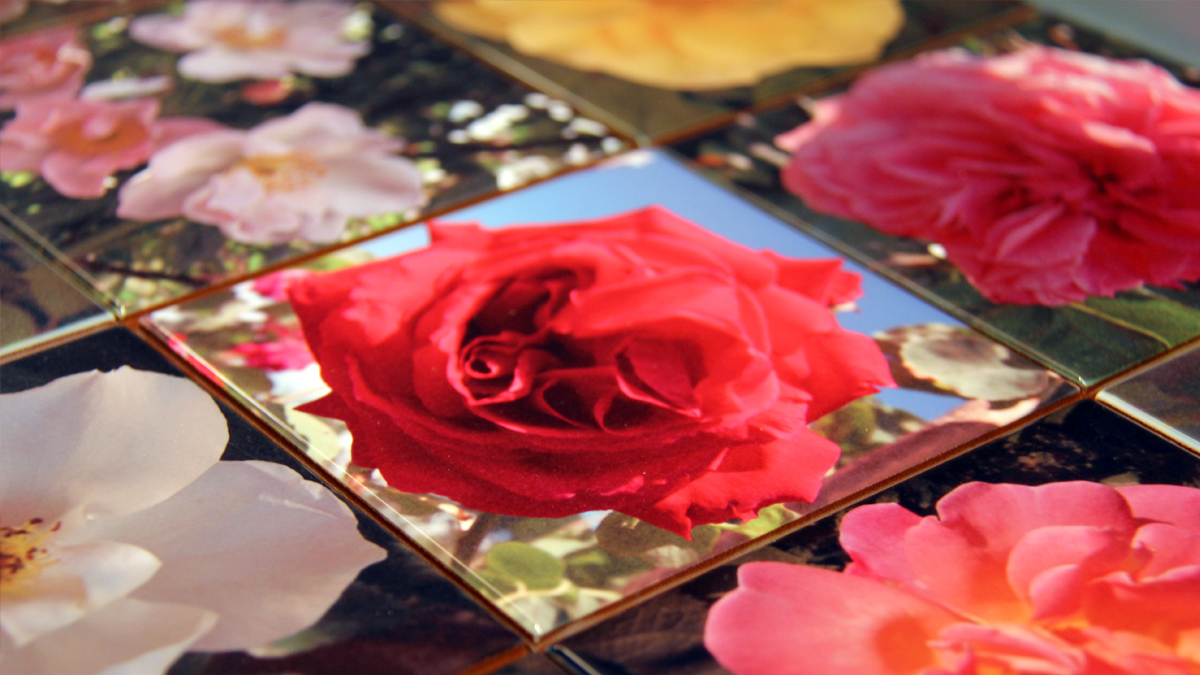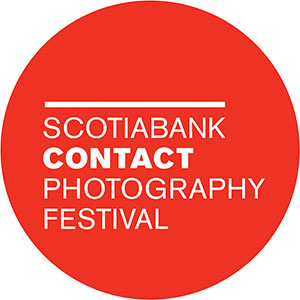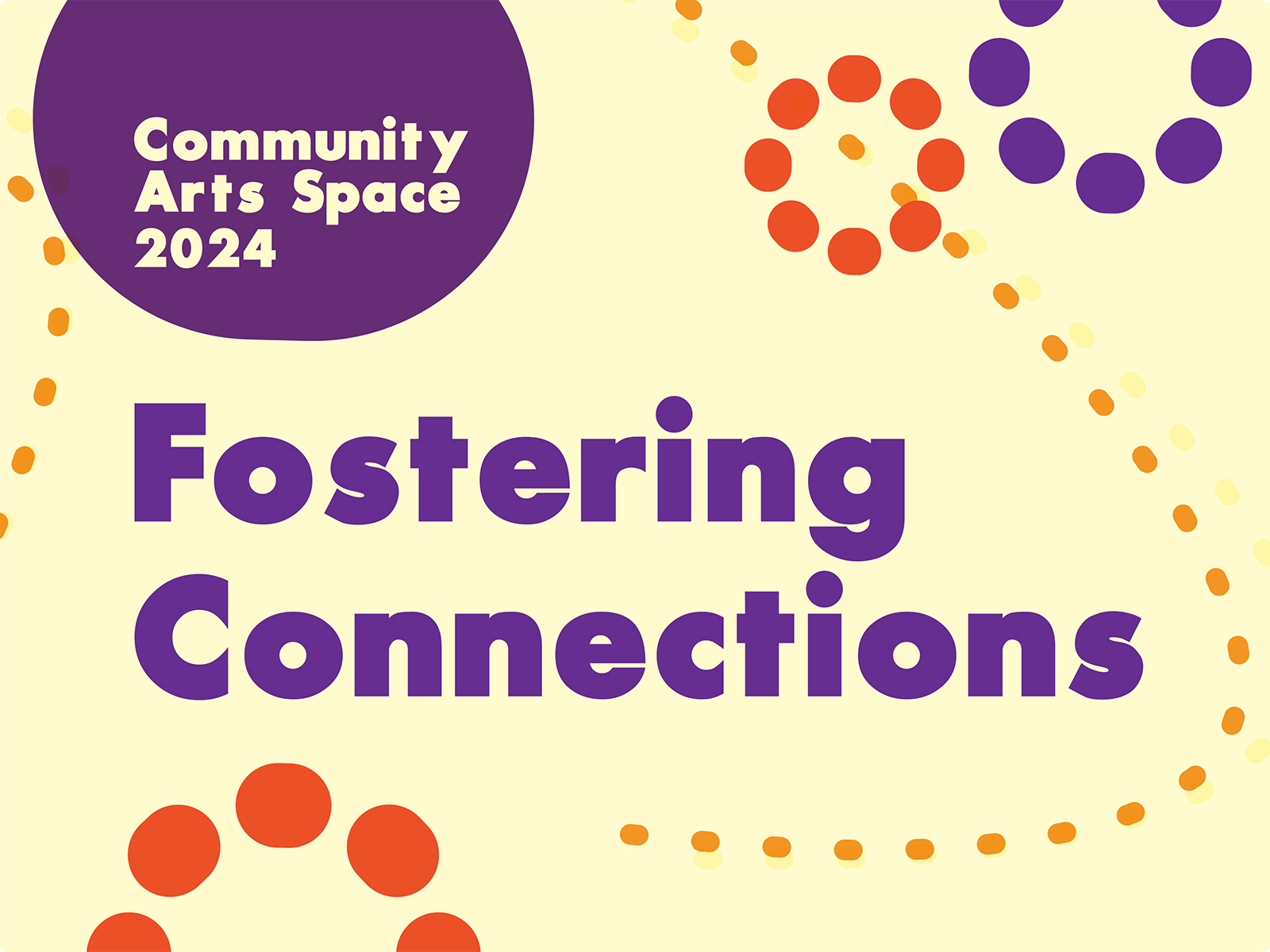Event Navigation
Glenn Lewis: The Poetic Process
The Gardiner Museum brings together people of all ages and backgrounds through the shared values of creativity, wonder, and community that clay and ceramic traditions inspire.

- This event has passed.
Glenn Lewis: The Poetic Process
May 1, 2019 - August 18, 2019

Lobby Display
Part of the CONTACT
Glenn Lewis: The Poetic Process is a conceptual work that opens a space for conversation between two media: ceramics and photography. Presented for the first time at the Gardiner Museum, this installation combines a series of five pots made during a residency at the Leach Pottery in St. Ives, England, and twenty large-scale photographs of roses taken in German and English gardens. The juxtaposition reflects on the long history and symbolism of the rose and vessel form: two dominant motifs and shapes from medieval Europe when art and craft were still creatively united. The installation also comprises a series of ceramic tiles printed with Lewis’ photographs of fragrant roses.
Glenn Lewis’ work asks viewers to look closely. His photographs reveal the details of the blooms—pollen, dew drops, and petals—tempting viewers to approach and smell them. The vessels’ surfaces are also inscribed with a history. When Lewis unpacked the pieces in Vancouver, he discovered that they were damaged. Rather than discard them, he repaired them using the Japanese technique of kintsugi, an art of mending by which the breaks are not hidden but revitalized through the use of gold, encouraging the viewer to see beauty in imperfections.
About CONTACT
CONTACT is a not-for-profit organization dedicated to celebrating and fostering the art and profession of photography with an annual Festival in May and year-round programming in the CONTACT Gallery. CONTACT embraces an inclusive and accessible approach to the medium, and cultivates collaborations with and among artists, curators, institutions, and organizations.

